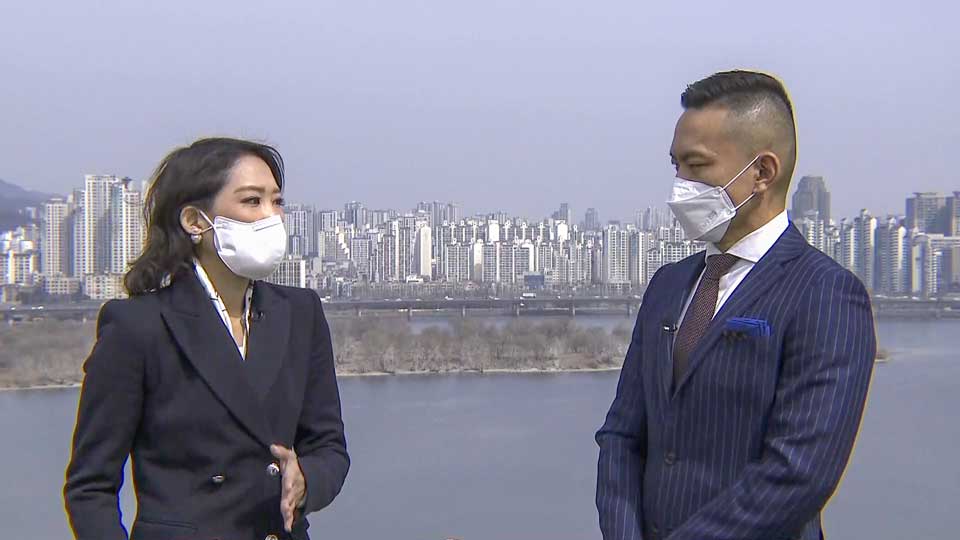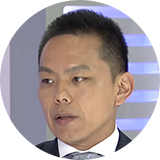(The following is a transcript of an interview that aired on March 10, 2022.)
KIM CHAN-JU: Yoshiyuki, what do you make of the results?
AOKI YOSHIYUKI: I think people wanted change. But the support Yoon ended up with was far from overwhelming. More than half the country voted against him.
The political newcomer has to convince them that he has what it takes. The campaign was brutal. Yet Yoon successfully made it into a referendum on (outgoing President) Moon Jae-in's leadership.
Again and again, he told voters (his main opponent) Lee Jae-myung will continue unpopular Democratic Party policies that hurt the economy and South Korea's reputation abroad.
Now, Yoon needs to prove he can do better.

KIM: During campaigning, the two candidates put forward much different strategies for dealing with North Korea. What effect do you think Yoon's victory will have on the future of inter-Korean relations?
AOKI: Yoon has promised to be tougher on the North. But it's unclear if his election will provoke an immediate response from Pyongyang. Right now, North Korea is more interested in seeing how the United States responds to Russia's military invasion of Ukraine.
North Korea has launched ballistic missiles nine times this year. And experts worry more are on the way for the founder's birthday. Yoon has argued the South needs to have deterrence against the North to maintain peace— something Pyongyang is certain to strongly oppose.
KIM: Tensions between the US and China are also high. The situation leaves South Korea in a tricky position, caught between a strategically important defensive ally and its top trading partner. How will the new president address that delicate balance?
AOKI: Yoon wants stronger relations with the US. Hours ago, he had his first phone conversation with the US President where they reaffirmed the alliance.
Yoon is also looking to expand the American air defense system built to counter threats from the North. The THAAD missile system was first deployed under ousted President Park Geun-hye.
Beijing fought against it and its long-distance radar, and Moon stalled any further development. If the president-elect goes through with his plan, you can bet China won't be happy.
KIM: Relations between Seoul and Tokyo worsened under Moon Jae-in. What can we expect from the next administration?
AOKI: Yoon knows he needs to improve bilateral ties. But he faces a difficult challenge.
Relations soured after a South Korean court approved the sale of seized assets to compensate people who say Japanese companies forced them to work during World War 2. Tokyo says relations will worsen if that sale is made.
So far, Yoon hasn't convinced people of how he can get things back on track. His idea of a "grand bargain," where the two sides come to an agreement after putting everything on the table, seems pie in the sky. Not even his own supporters are buying it.
Yoon's tenure begins in May, but diplomacy begins today. Whether he can break this impasse could depend on what he can accomplish behind closed doors.
